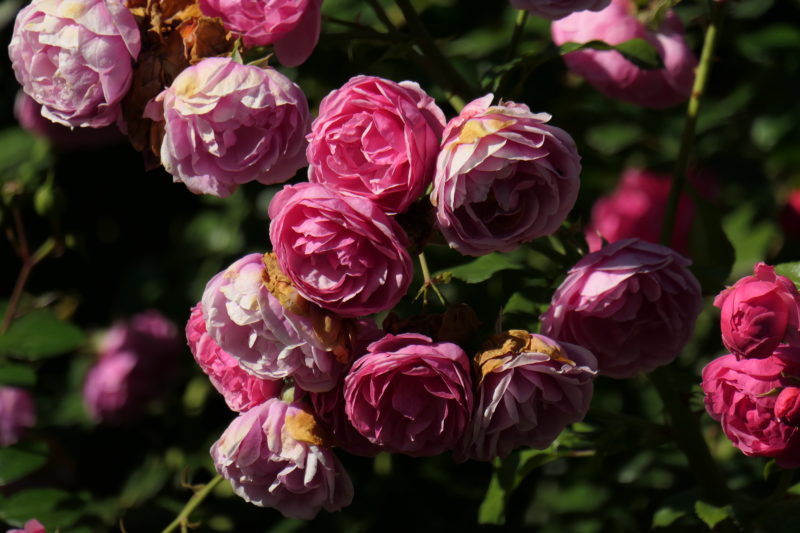“Humanism is the only – I would go as far as saying the final – resistance we have against the inhuman practices and injustices that disfigured human history.
Separation between peoples is not a solution for any of the problems that divide peoples. And certainly ignorance of the other provides no help whatever. Cooperation and co-existence of the kind that music lived as we have lived, performed, shared and loved it together, might be.”
Words by Edward Said, University Professor of English and Comparative Literature at Columbia University, who died this week 15 years ago. A scholar, an activist, a true intellectual, he had lived with leukemia for over a decade, longer than anyone thought possible, until he succumbed at age 68. People either adored him or despised him for his political views, his literary analyses and creation of the field of post-colonial studies. All agree, though, that he was a fighter. Against the disease, but more importantly, for the right of Palestinian self-determination and against human rights abuses in the Middle East and everywhere else.
His best known book is Orientalism, published 40 years ago in 1978, a groundbreaking study of figurative and narrative representations of the East. It looked at the relation between knowledge and power, or more precisely the motivated relationship between interested knowledge and the power it serves. Who benefitted from false descriptions of the peoples under colonial rule? I have attached below an obituary from 2003 that offers a better introduction of Said and his work than I ever could. I am also linking to an interview with Said (within an Amherst lecture) that allows us to appreciate the depth of his thinking and his political passion. Longish, but so worth it.
https://newleftreview.org/II/24/tariq-ali-remembering-edward-said
I also want to focus, though, on a lesser known aspect of Said: his love for and scholarship of music. He was the music critic for The Nation for decades. He was also a close friend of Daniel Barenboim who established a music academy in both their names, devoted to cultural cross-fertilization, in Berlin in 2015.
You can read all about it and its fabulous programs here:
https://barenboimsaid.de/about
Said’s last book On Late Style: Music and Literature Against the Grain was an exploration, among others, of Beethoven’s late works. In his honor and memory I am posting Barenboim’s rendition of Beethoven’s Piano Sonata No. 29, Op. 106 (Hammerklavier)
Photos are from the Portland International Rose Garden. The younger set had, coincidentally, spotted roses reclaimed from the Gaza Strip and Fallujah this year, which prompted me to visit the fall garden myself, finding perfect representations of transience.
















